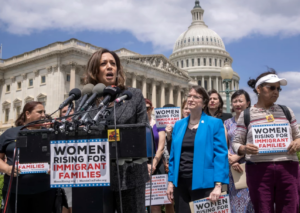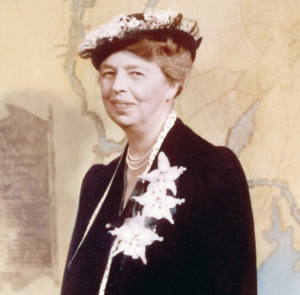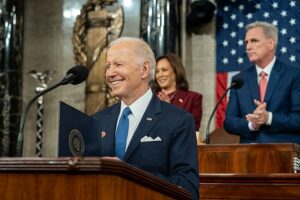The Case for Donald J. Trump

Jim Urquhart / Reuters
In a final installment of JPI’s 2016 election coverage, we bring you two articles, with each writer arguing why their candidate should be elected President of the United States. Please click here to read the Case for Hillary Clinton.

With the election’s final curtain soon to fall, there comes a sigh of relief, followed by thoughts of the painful process to reunite our country after this divisive race. After two long and arduous primaries—with seventeen Republican candidates and six Democrats in contention—tomorrow we vote between the two battered candidates left standing, one of whom will be the next leader of the free world. Of these two candidates, Donald J. Trump is better suited for the presidency.
Republican nominee Donald J. Trump, a political outsider and business magnate, came into the race in March of 2015. Trump assembled a grassroots campaign, with a limited personnel of unknown political operatives. Corey Lewandowski, Trump’s first of three campaign managers in the run-up to the election, was a relatively unknown political figure in the Republican party. But under Lewandowski’s direction, Trump hit the ground running and excited a voter base that typically shies away from politics, a disenchanted group of citizens who feel that politicians never cared for them.
Populism has grown rampant following seven years of the Obama administration, the failure of the Affordable Care Act to reduce healthcare costs and the hawkish policies of Hillary Clinton’s State Department on nation building and regime change, which produced terror groups like ISIS in Iraq, Syria, and Libya. Trump’s movement grew even more following events unfolding in Europe, from the migrant crisis to Brexit.
Trump hit on several factors dear to many conservatives: the Second Amendment, securing the borders and creating jobs by lowering taxes and loosening the grip of regulations inhibiting economic growth. Of course, the main trait that allowed Trump to build an active and energized base was that he did not mince words, did not adhere to political correctness and said what was on his mind no matter the consequences.
Many Americans are tired of political correctness, tired of a small group of elites that sit in their ivory towers telling others how to live. These frustrations have been evident throughout the campaign season from the attendance of thousands at Trump rallies nationwide. Trump capitalized on that message and continued to be the showman who played to his audience. The media were frequent victims of Trump’s attacks on political correctness, which accuse the press of working with the Clinton campaign to “poison the minds of voters.”
The appeal of a presidential candidate like Trump stems in part from his success as a businessman. He is known for putting together winning teams of experts, and the electorate seems to believe that he would do just that as president. On trade and the economy, he has amassed an impressive list of advisors, including former Reagan economic advisor Larry Kudlow, hedge-fund manager John Paulson, and former Deputy Assistant Treasury Secretary and former Deputy Assistant Secretary of State David Malpass. His foreign policy advisory team, although not as heavy-hitting, is also noteworthy, with Senator Jeff Sessions (R-AL) running a team that includes retired Army liutenant general Joseph Kellogg, energy expert George Papadopoulos, and 2012 foreign affairs advisor to Republican presidential candidate Mitt Romney, Walid Phares.
Trump has had a mixed bag of policy stances, some of which have been controversial on both sides of the aisle. Trump’s protectionist trade policies, proposed ban on Muslims and reference to Mexicans as rapists and criminals has set him apart from not only Democrats, but many Republicans as well, who feel that the party needs to be more inclusive in order to survive. His stances on not cutting entitlement spending and potentially raising taxes on the wealthy have irritated certain groups of Republicans across the spectrum who have brandished the rallying cry “Never Trump.” However, his policies on bolstering defense spending and shoring up the borders have resonated with much of the Republican base.
Both candidates are flawed in their own ways. It is my belief, however, that with what is happening in this nation and around the world, we need someone who can think outside of the box. With Clinton, the disenchanted voters who have come out in droves will see nothing but the status quo. With Trump, however unpredictable, there’s hope for real change.
Daniel Kurzyna is a candidate for Magister Artium (M.A.) in International Relations with a concentration in Russian and Slavic Studies at New York University. Daniel completed his Baccalaureus Scientiae (B.S.) in Criminal Justice, and Minor in Economics, with Latin honors from John Jay College. His areas of interest are in the regions of Eastern Europe/Eurasia and domestic politics, and has worked on diverse projects in criminal justice, healthcare, political operations and foreign policy.







1 thought on “The Case for Donald J. Trump”